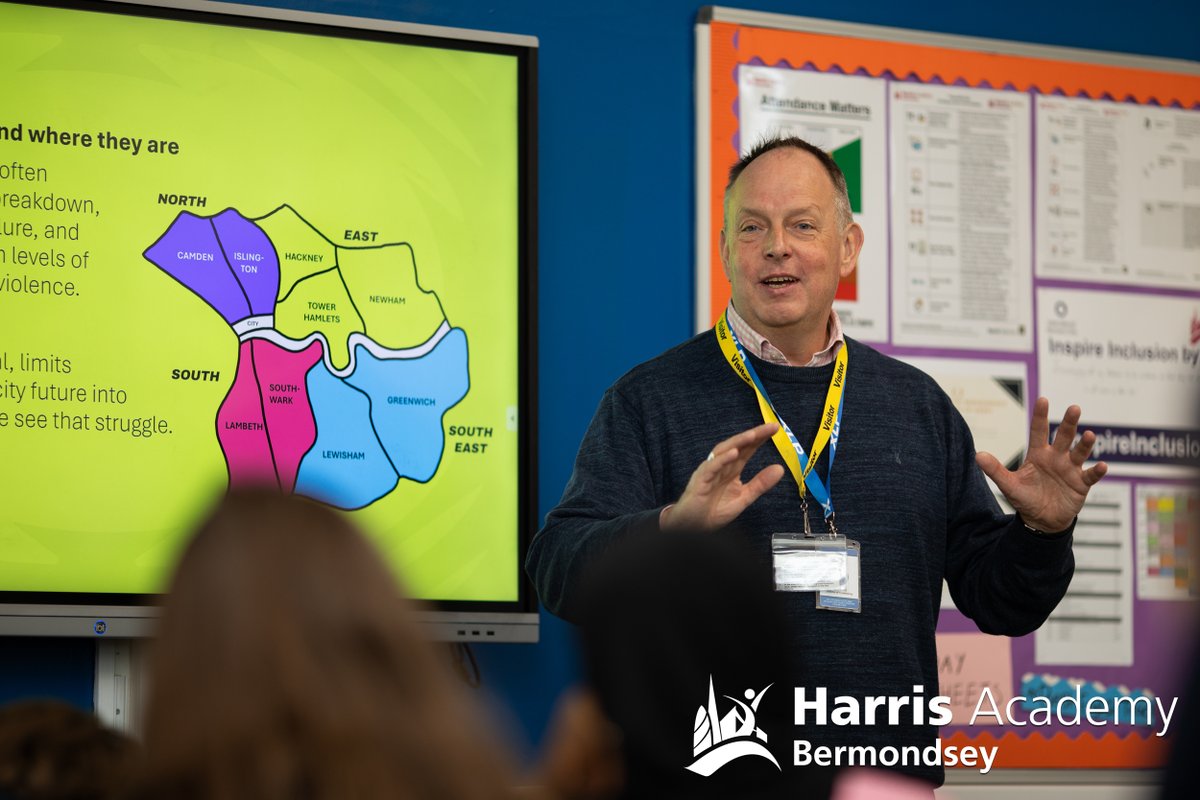Computer Science
For most of us, technology and computers play a vital role in our lives – at home, at work, for our health and for our informal learning.
It is important that our students learn how it all works and the academic underpinning of the discipline of computer science, rather than treating it as magic; and that they leave school equipped with the substantive and disciplinary knowledge of the world of computing they need to participate effectively in society.
A high-quality computing education equips pupils to use computational thinking and creativity to understand and change the world.
Computing has deep links with mathematics, science and design and technology, and provides insights into both natural and artificial systems. The core of computing is computer science, in which pupils are taught the principles of information and computation, how digital systems work, and how to put this knowledge to use through programming.
Building on this knowledge and understanding, pupils are equipped to use information technology to create programs, systems and a range of content. Therefore, our curriculum has a clearly vertical and cumulative structure.
Computing also ensures that pupils become digitally literate – able to use, and express themselves and develop their ideas through, information and communication technology – at a level suitable for the future workplace and as active participants in a digital world.
Adapted from the National Curriculum in England Key stages 3 and 4 framework document, December 2014.
The curriculum plan for all years can be downloaded below.























